<!– –>
<!– –>
<!– –>
<!– –>
<!– –>
In the news, we often hear about people going to prison. But, we never hear about what happens to inmates once they leave. We wanted to find out. Our team of eight journalists at WUFT News followed the lives of seven people, some just minutes after they were released. Locked Out: Florida explores how the label “felon” has followed six people long after their prison sentences ended.
The first issue felons face when leaving prison is finding a place to live. It is legal for public housing authorities to deny people with a felony, and private housing may not be an option for felons, particularly if landlords perform background checks. This limited access to housing is one of the reasons why about 10 percent of former inmates become homeless.
After finding a place to live, felons then start looking for a job. Yet, their criminal records can resurface on employment applications. Employers can legally reject an applicant with a criminal history.
Even with a place to live and a steady income, some felons still don’t feel like U.S. citizens.Florida is one of four states that completely strips felons of their right to vote. In the state, 1.6 million felons cannot participate in elections. While the state debates the fate of felons’ voting rights, our investigation reveals the stories beyond the headlines.
Once the bars disappear, felons still feel locked out from opportunity. These are their stories.
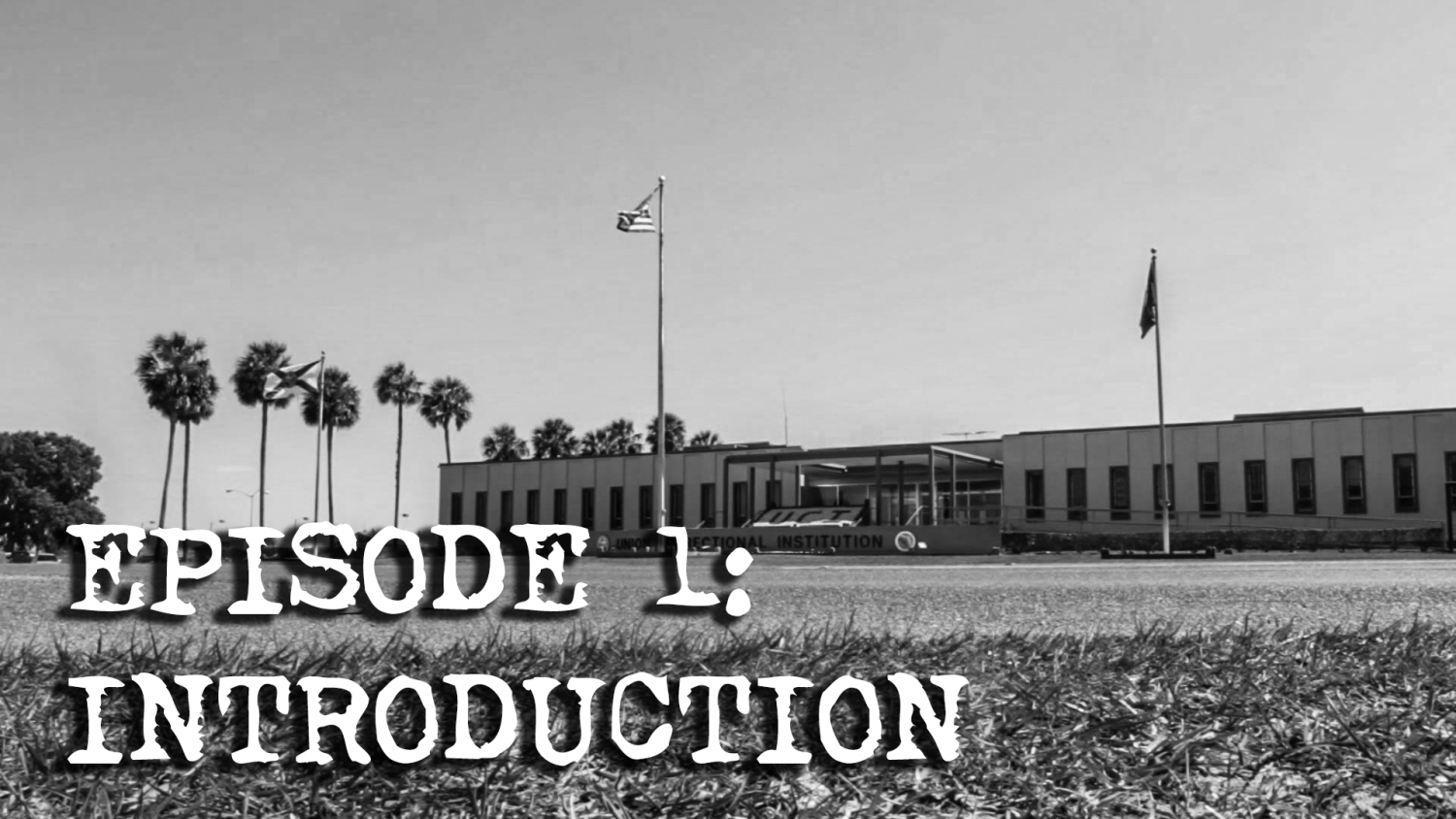

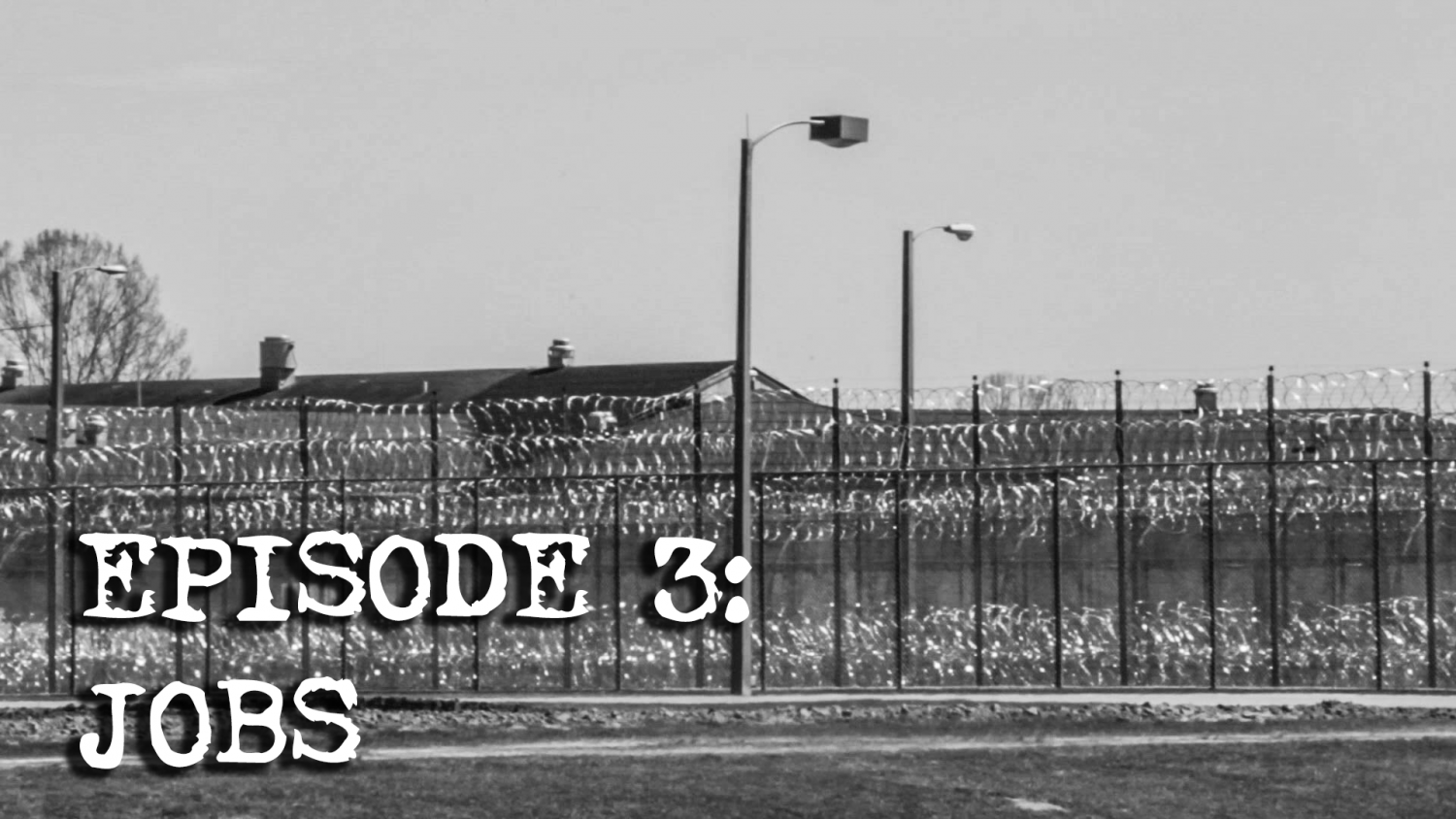
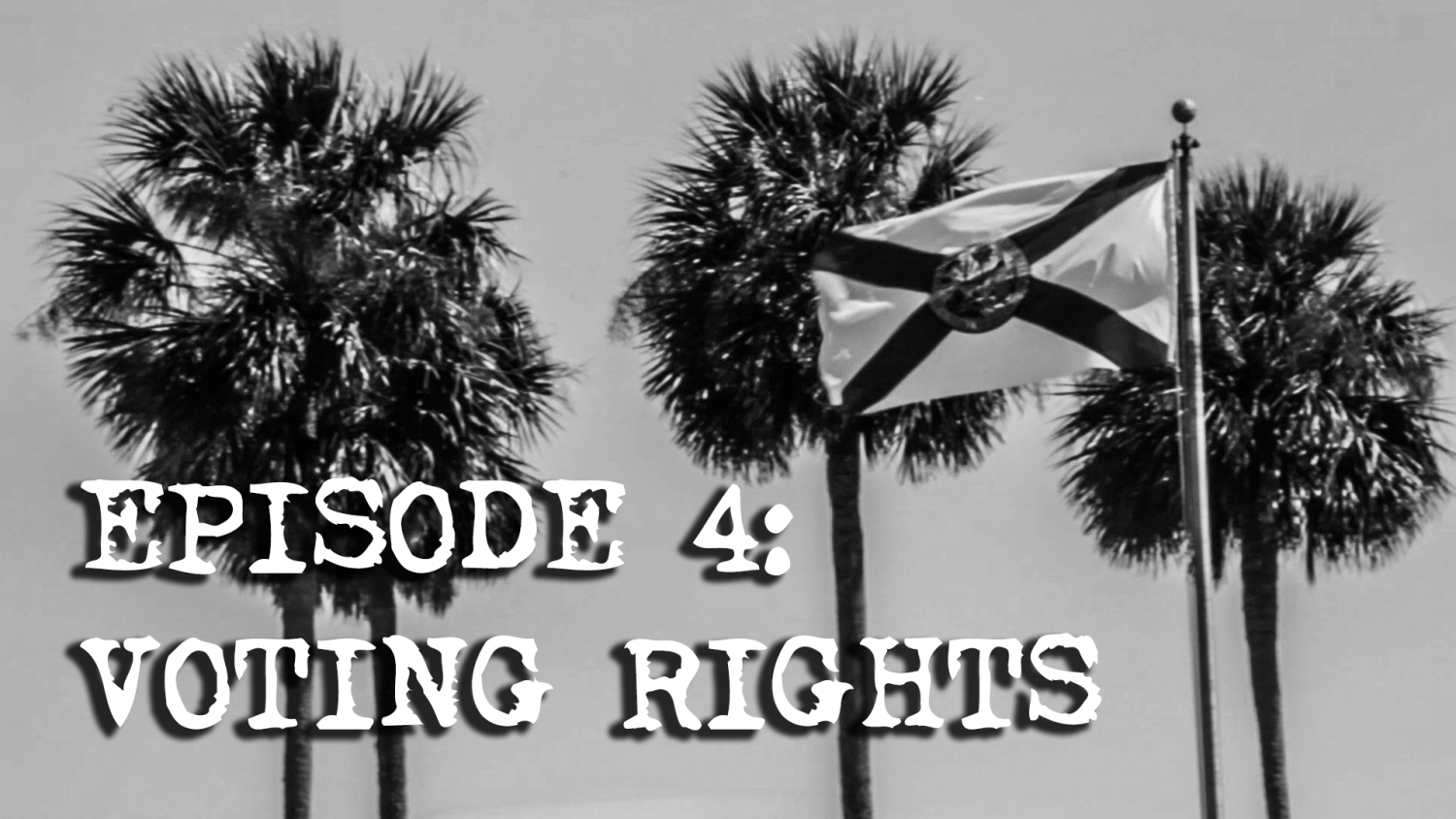
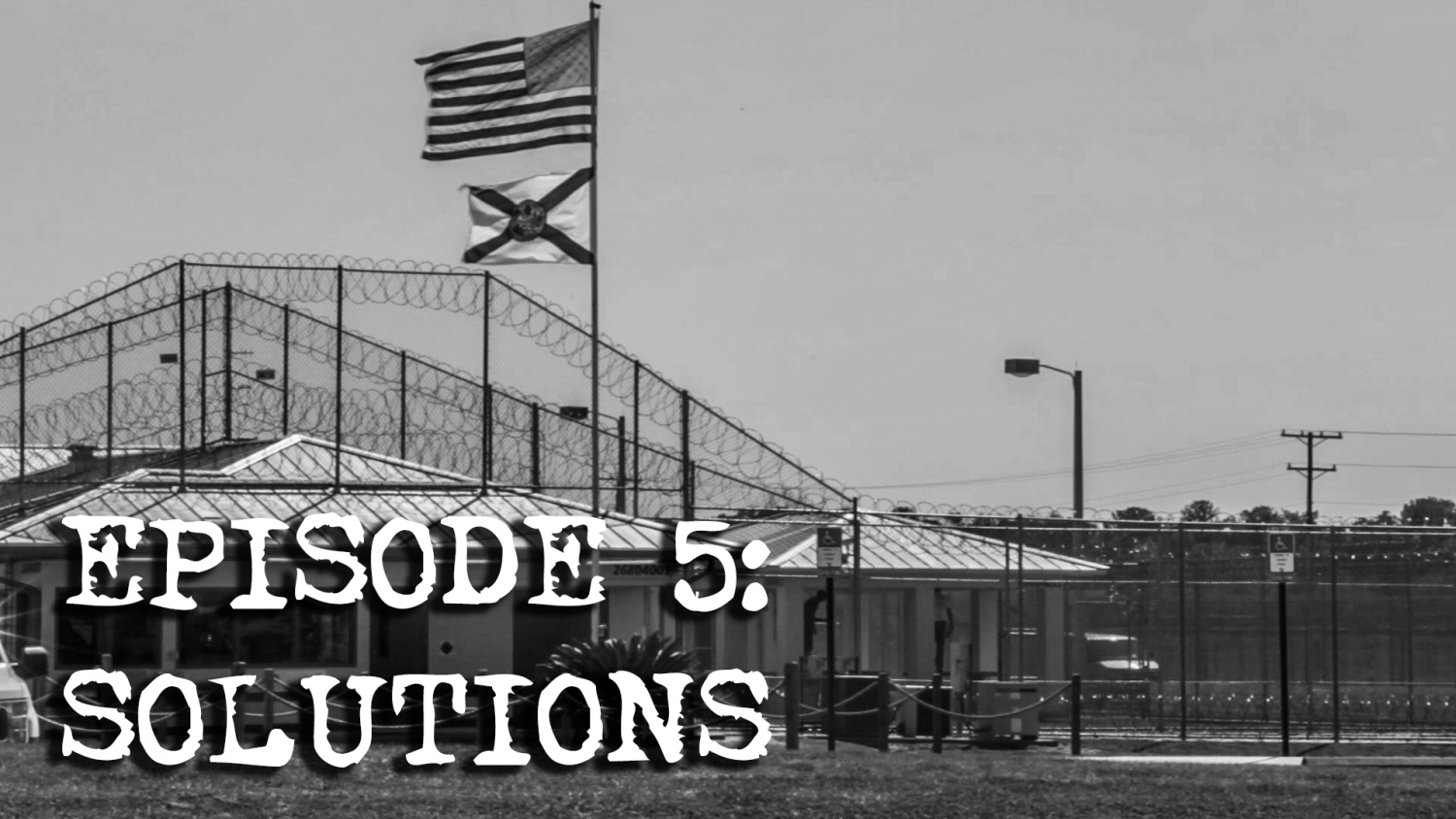
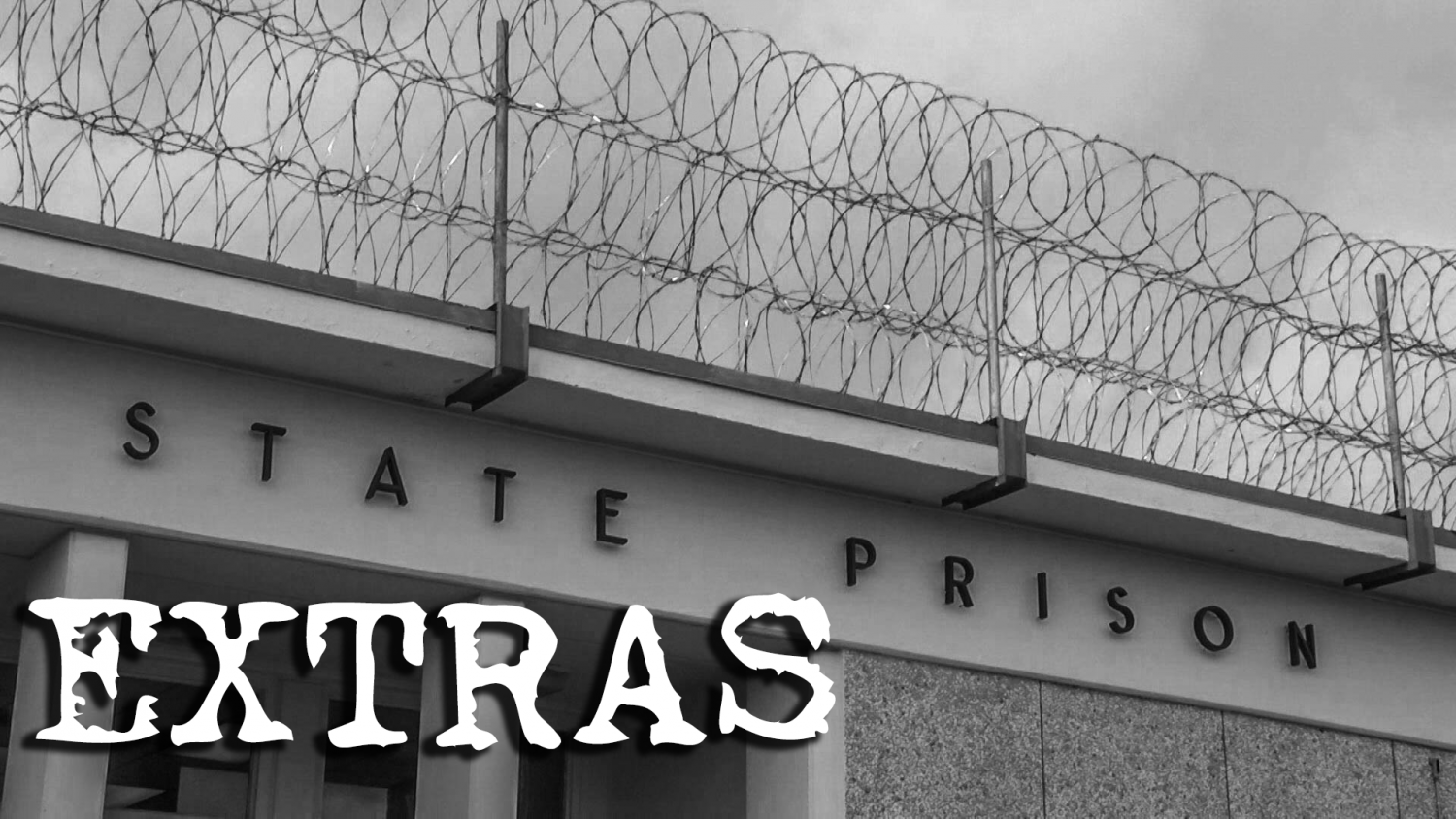
<!– –>
 Special Report from WUFT News
Special Report from WUFT News